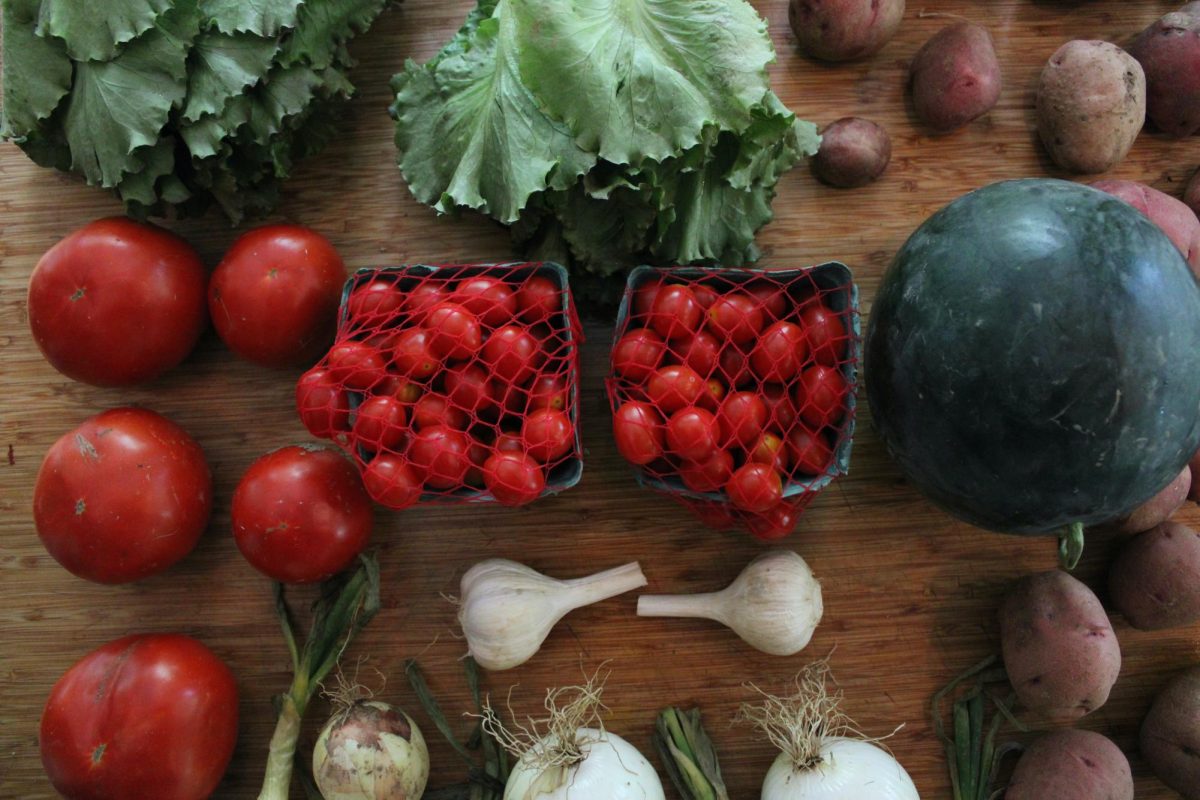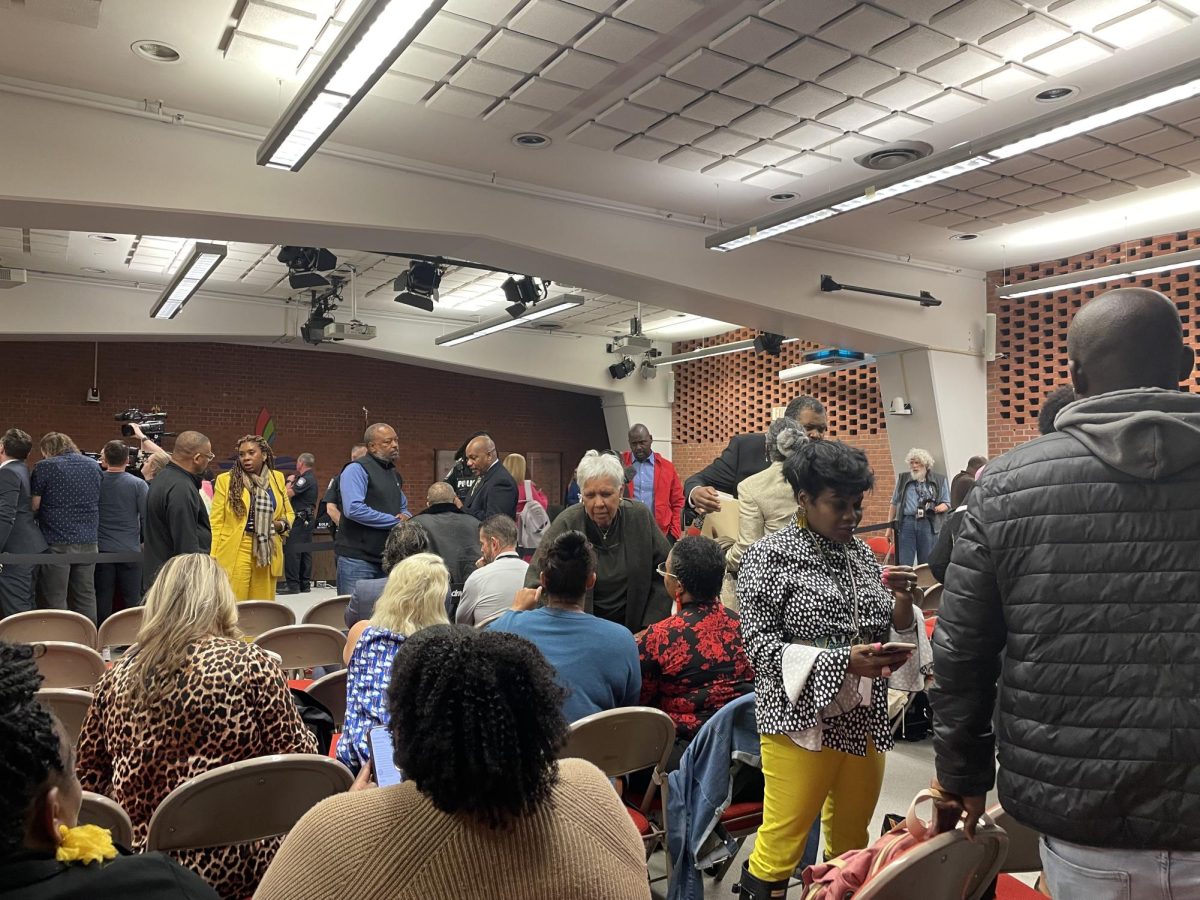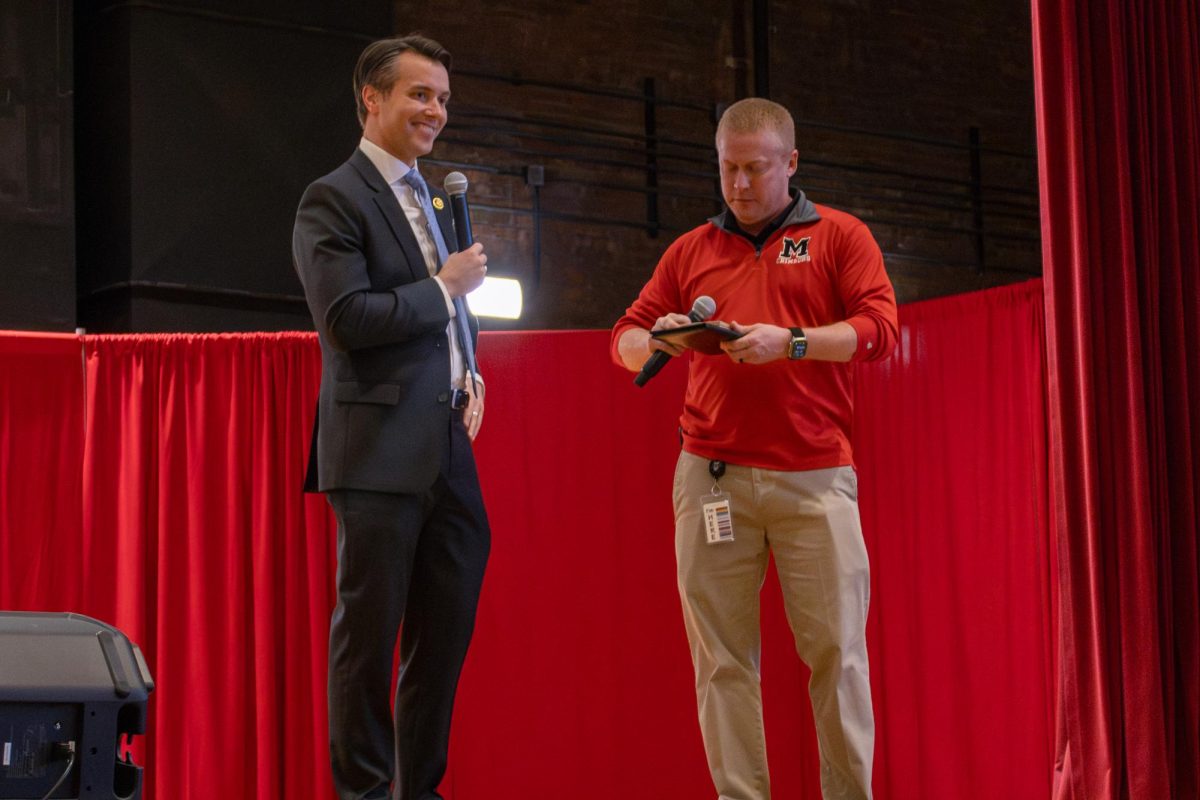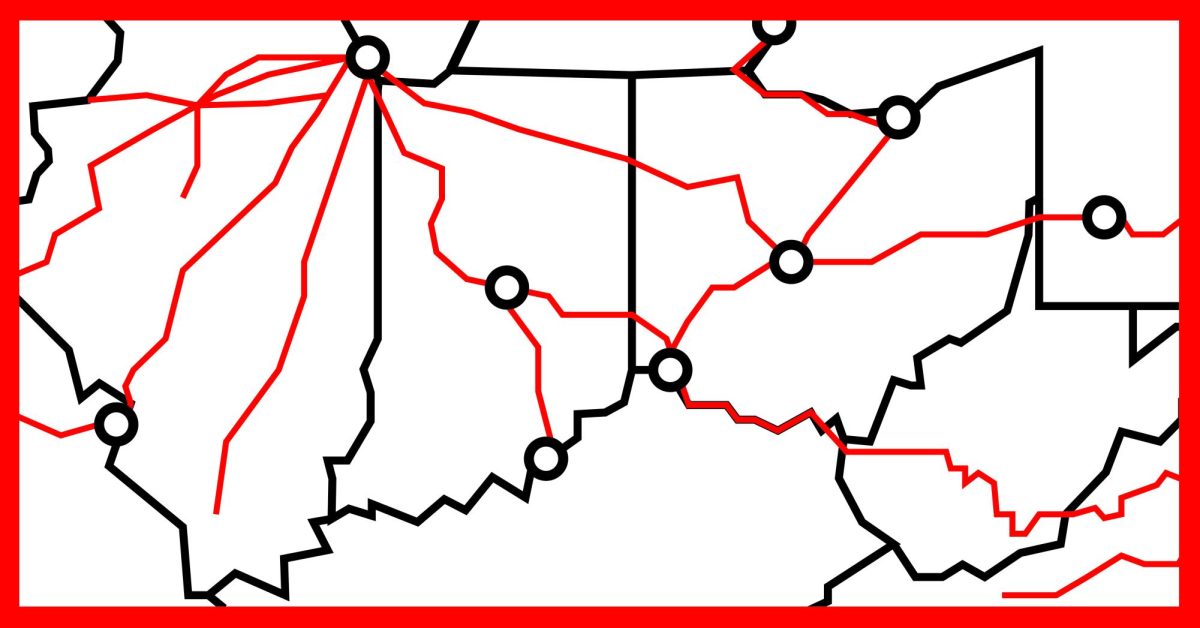On March 22, 2022, the Kentucky Senate ended the Kentucky COVID-19 state of emergency – this came 10 months before the federal government did so. By ending one emergency, however, legislators worsened another.
The federal government continued funding pandemic-related emergency allotments (EAs) for SNAP until Feb. 2023, but not for Kentucky. SNAP (Supplemental Nutrition Assistance Program) benefits, commonly referred to as food stamps, are a form of federal aid that provide low-income families and individuals with grocery money. States only qualified for EAs if they were in a declared state of emergency. This meant that when the state of emergency ended, so did large amounts of federal funding for Kentucky.
According to the Kentucky Center on Economic Policy, by ending the state of emergency, Kentucky lost 558 million dollars that could have gone toward fighting food insecurity. On the other hand, states receiving EAs had a 10 percent drop in poverty in the last quarter of 2021. Continuing such funding could have had a positive lasting impact on food insecurity in Kentucky.
There have been moves to decrease SNAP funding, including a push in May to tighten restrictions for 17,000 Kentuckians. Taking away food from Kentuckians as the price of food increases will only harm residents already entrenched in food insecure conditions. Instead of taking, Louisville Metro and Kentucky as a whole should give to those in need while also benefiting the economy of local agriculture.
Louisville, and Kentucky in general, faces growing food insecurity issues. This is especially prevalent in the city’s West End, where 58 percent of child residents live below the poverty line. These children desperately need increased food aid, considering that food prices increased by 9.9 percent in 2022. A viable solution to this problem would be increasing fresh food access with government support through SNAP funds and Community Supported Agriculture (CSA).
CSA is a business and agriculture model that allows for community efficiency as well as economic stability for farmers. Participants subscribe to a plan that provides them with weekly or monthly boxes of food items such as fresh produce. Rootbound Farm, located in Oldham County, provides “shareholders”, a term often used to refer to those who subscribe to a CSA, with weekly boxes of produce, as well as an option to include meat and eggs.
According to the Center on Budget and Policy Priorities, SNAP is an important revenue source for small businesses in low-income areas, as SNAP purchases can account for a significant share of a retailer’s total sales. Registered small businesses such as CSAs can accept these food stamps, which are shown to increase local economic activity. Encouraging the usage of such funds on a more localized scale could support SNAP users and retailers alike.
Such economic activity is important in the era of big agriculture, as many smaller farms struggle to stay open when competing with industrial farms. While some small farms, such as Chaney’s Farm and Dairy Barn in Warren County, have seen rising profits, overall the number of dairy farms in Kentucky has dropped by 85 percent over the past two decades. From dairy to cattle to produce, the amount of small and mid-sized farms in the nation’s agricultural industry is dwindling.
CSAs promote food and economic independence through their subscription plan. These are all qualities needed by struggling farmers and food insecure Kentuckians alike. When consumers pay for their boxes at the beginning of the growing season, that money can go toward the farm, which provides farms with a stable flow of funds for various farming concerns, as opposed to relying entirely on sales. CSA farms can also sell at farmers markets, and this setup can further increase financial stability.
When considering local farms to support through legislation, grants or other community action, Louisville Metro should consider CSAs. In 2016, four farmers markets in Louisville became part of the Double Dollars program. This matches up to 20 dollars of SNAP money spent at farmers markets, doubling the amount of money users can spend.
Double Dollars, a program run by the Community Farmers Alliance, is run out of Bowling Green. Created by members of the city’s Community Farmers Market, the Alliance aims to create policy in support of urban and rural communities, including many CSAs.
Government funded programs that specifically support farms using the CSA model will not only spur economic activity in a manner that supports stable businesses, but they would also benefit food insecure people and households. Programs such as Double Dollars should be expanded throughout Louisville, especially in low-income areas and food deserts.
A food desert is an area or community where many residents do not have easy or regular access to fresh and nutritious food. According to the Greater Louisville Project, 3.56 percent of Louisville residents live in food deserts. These food deserts include many parts of West Louisville, where a history of racial inequality plagues resident’s food access.
The food insecurity crisis in the West End could be alleviated by reliable access to nutritious food from CSAs. Both food insecure Louisvillians and small farms would benefit from each other’s business, especially with government support. Regular access to healthy food improves health, alleviates stress associated with food insecurity and could support West End residents who have a greater likelihood of facing afflictions like strokes or diabetes due to their lack of nutritious options.
Expanding opportunities for SNAP users to purchase fresh food produced by CSAs, whether that be through increased benefits or initiatives from Louisville Metro, could help to reinvigorate the local agricultural sector as well as feed many Louisvillians.


















